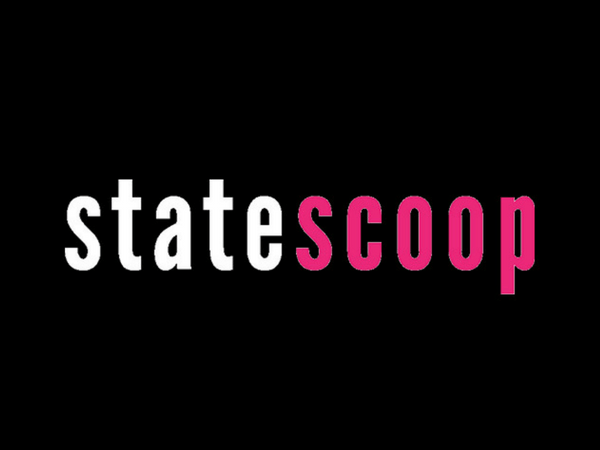In the News: Christopher Mitchell
October 26, 2017
Media Outlet: StateScoop
In the run-up to Seattle’s mayoral election on November 7th, 2017 the Institute for Local Self-Reliance’s Community Broadband Networks initiative team pointed to the commitment Comcast is pouring into the race to buy favorable decisions by the local government. The publication StateScoop noticed.
Shortly after this story was published, the CBN staff published a policy brief on how much money Comcast would stand to lose if Fort Collins, Colo and Seattle went in the direction of municipal broadband.
Here’s Christopher contribution:
“If I was running one of the most powerful monopolies of the modern era, I’d be donating as much as I could to take over local politics also,” said Christopher Mitchell, director of the Community Broadband Networks Initiative at the Institute for Local Self-Reliance.
The push for municipal broadband is driven in part by a desire to increase competition and lower the cost of the services that current telecom companies provide.
“The city isn’t preventing Comcast or CenturyLink from competing for our resident’s business,” said Devin Glaser, a spokesperson for Upgrade Seattle, a municipal broadband advocacy group. “If they want to stay in town, they’ll have to improve their service and lower prices. If we actually had competition in the marketplace, they would have done so already,” …
But Mitchell and Glaser argue that public Wi-Fi and municipal broadband are solutions to different problems.
“We’re trying to get high-quality internet access available inside the home and Wi-Fi is not an appropriate technology … because the nodes are mounted out in the street and the signal quality drops off,” Mitchell said.
Durkan has proposed increasing the number of hot spots in parks and public libraries and installing Wi-Fi kiosks throughout the city.
“Wi-Fi in parks doesn’t solve any problems,” Glaser said. “Students in need of internet access in order to complete their homework assignments shouldn’t be expected to sit in public parks late into the evening.”
A 2015 survey conducted by the city showed that 15 percent of Seattle residents don’t have access to internet at home.
“Seattle, despite its reputation as a high-tech paradise, still suffers from the same connectivity problems the rest of America does,” Glaser said.
Mitchell argues that telecom companies are able to influence public officials not just through paychecks, but also through connections. In Seattle’s case, that could be evidenced by the fact that Durkan’s campaign consultant, Sandeep Kaushik, has also lobbied for Comcast. Kaushik’s position has prompted an ethics complaint from a current employee in the Mayor’s office, the Seattle Times reported.
“Companies like CenturyLink and Comcast aren’t powerful just because of campaign contributions,” Mitchell siad. “It’s because they have the ear of the powerful, day after day after day. And the powerful either don’t have the capacity or don’t have the time to take in alternate views.”
…





